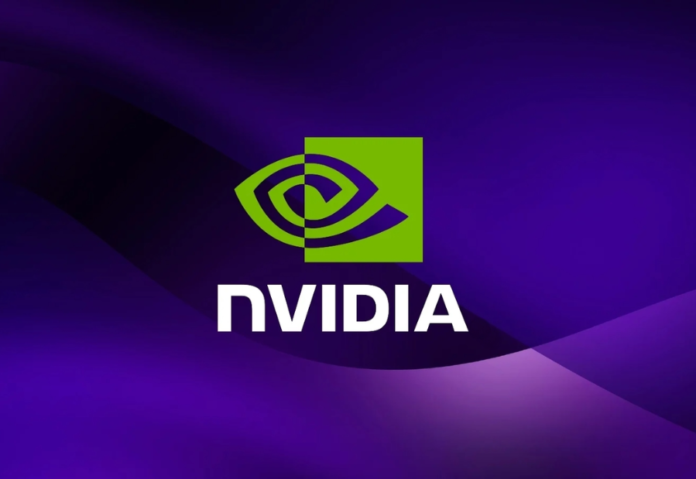The new AI chip, known as the H20, was running behind schedule because server manufacturers were having trouble incorporating the semiconductor into their goods.
Nvidia is delaying a new AI chip for China that was created to abide by export prohibitions from the United States, according to a statement.
Following a shortened trading day in the United States, Nvidia shares closed down roughly 1.9%.
According to two people with knowledge of the situation, Nvidia informed Chinese clients that the release of an AI chip that complies with export regulations from the United States will take place in the first quarter of 2019.
According to a statement, server manufacturers were experiencing problems integrating the new chip, known as the H20, into their products, which was causing delays.
When reporters contacted Nvidia, a representative was not immediately available for comment.
The US government tightened export restrictions on AI chips to China in October. These regulations limited Nvidia’s A800 and H800 chip exports. Additionally, these semiconductors were created especially for China.
Nvidia is preparing to release the L20 and L2, two additional export-compliant chips, in addition to the H20, according to Reuters.
Nvidia, which receives about a fifth of its revenue from China and is up against competition from regional players like Huawei, may suffer as a result of the H20 delay.
Nvidia warned that sales in areas impacted by export restrictions will “decline significantly” in the current quarter, despite the company reporting this week that it tripled its revenue in the September quarter.
Also read: Value-Based Care Transformation via FHIR
Do Follow: CIO News LinkedIn Account | CIO News Facebook | CIO News Youtube | CIO News Twitter
About us:
CIO News, a proprietary of Mercadeo, produces award-winning content and resources for IT leaders across any industry through print articles and recorded video interviews on topics in the technology sector such as Digital Transformation, Artificial Intelligence (AI), Machine Learning (ML), Cloud, Robotics, Cyber-security, Data, Analytics, SOC, SASE, among other technology topics.






